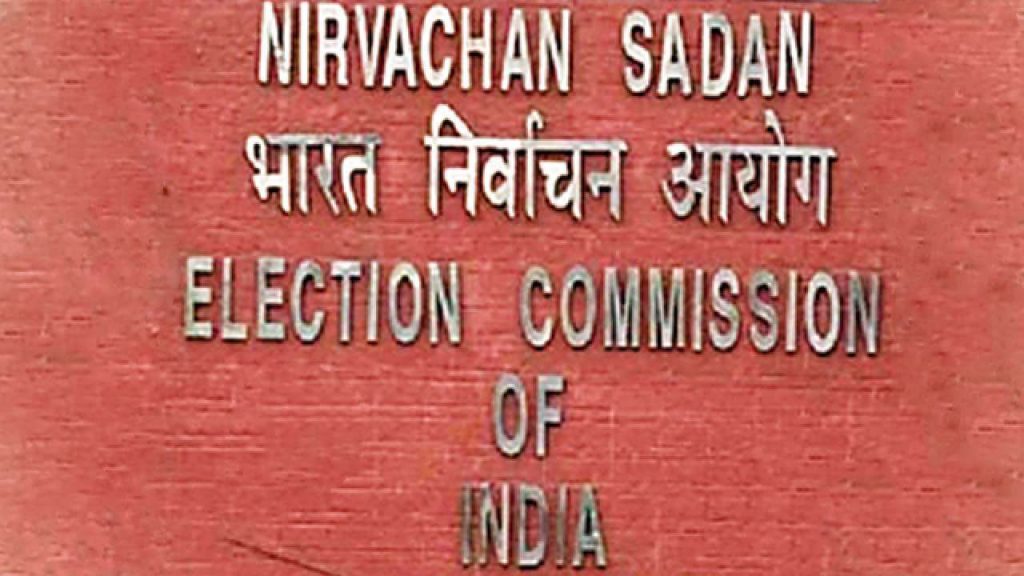New Delhi: Seeking to ensure that no genuine elector is deprived of the right to vote, the Election Commission has told state poll officers to ignore clerical or spelling errors provided the voter’s identity can be established through the voter I-card.
It has also said that a voter I-card issued by the electoral registration officer of another assembly constituency will be accepted for identification provided the elector’s name is in the electoral rolls of the polling station where he or she has turned up.
In case of a mismatch of photographs, the elector will have to produce one of the alternative photo documents listed out by the EC.
In an order issued last month, the EC said the electors who are not able to produce their voter I-card will have to furnish one of the alternative photo identity documents for establishing their identity.
These include the Aadhaar card, MNREGA job card, passbooks with photograph issued by a bank or post office, health insurance smart card issued by the Labour Ministry, driving license, PAN card, and the smart card issued by the Registrar General of India under National Population Register (NPR).
The Indian passport, pension document with photograph, service I-cards with photograph issued to employees by central or state governments or PSUs, official identity cards issued to MPs, MLAs and MLCs, and Unique Disability I-card issued by the Ministry of Social Justice are also accepted.
Overseas Indians who are registered in the electoral roll based on the particulars in their Indian passport, will be identified on the basis of their original passport only “and no other identity document” at the polling station.
Lok Sabha elections will be held in seven phases beginning April 19. Simultaneously, assembly elections in Arunachal Pradesh, Sikkim, Odisha and Andhra Pradesh are also being held.
PTI
